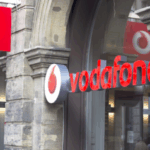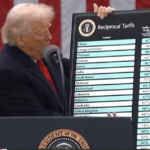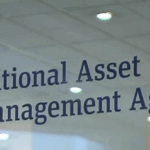Shoe Zone, the UK-based footwear retailer, has attributed its latest wave of store closures to cost pressures triggered by the UK government’s October budget. The Leicester-headquartered chain, which employs approximately 2,250 staff across 297 stores, cited higher national insurance contributions and an increase in the minimum wage as key factors pushing some of its outlets past the point of financial viability.
In a statement outlining “very challenging trading conditions,” Shoe Zone highlighted several contributing factors: reduced consumer confidence following the Chancellor’s budget announcement, weaker-than-expected spending, and poor weather conditions that negatively impacted footfall. As a result, the company revised its profit expectations for the financial year ending 27th September 2025, lowering its forecast to “not less than £5 million” — half of its original target of £10 million.
“This year’s budget, announced by Rachel Reeves in October 2024, has intensified cost pressures and impacted consumer sentiment,” the company said. “As a result, certain stores can no longer be maintained.” Additionally, Shoe Zone confirmed that it would not pay a final dividend for 2024, a move that added to investor concerns.
The news led to a sharp decline in the retailer’s stock price, with shares falling by 38.5% to 85p. This drop caps a difficult year for the company, with its stock price having fallen by two-thirds over the past 12 months.
Founded in 1980, Shoe Zone is known for offering budget-friendly footwear, with an average price of £13.30 per pair. The retailer operates a mix of high street, retail park, and online outlets. Despite its ongoing efforts to close loss-making stores — having shut 26 branches in the last financial year — management had hoped that measures like store refurbishments and larger-format outlets would help stabilize or improve performance.
However, the unexpected increase in wage and tax costs has accelerated the closure process. Although the company did not specify the number of additional closures, it is clear that Shoe Zone is taking a more defensive stance amid economic challenges.
Analysts have expressed mixed opinions on the company’s decision to link the closures to the budget. Some questioned the rationale, noting that footwear is typically considered a non-discretionary purchase. Others, however, acknowledged Shoe Zone’s history of prudent cost management and suggested that the retailer is simply taking a cautious approach, choosing not to subsidize loss-making stores in such uncertain times.
Zeus Capital offered a more positive outlook, citing the company’s strong fundamentals, including zero financial debt and a track record of restoring dividends when conditions improve. While investors face short-term challenges, Shoe Zone’s swift response to economic pressures may ultimately benefit its long-term prospects.









